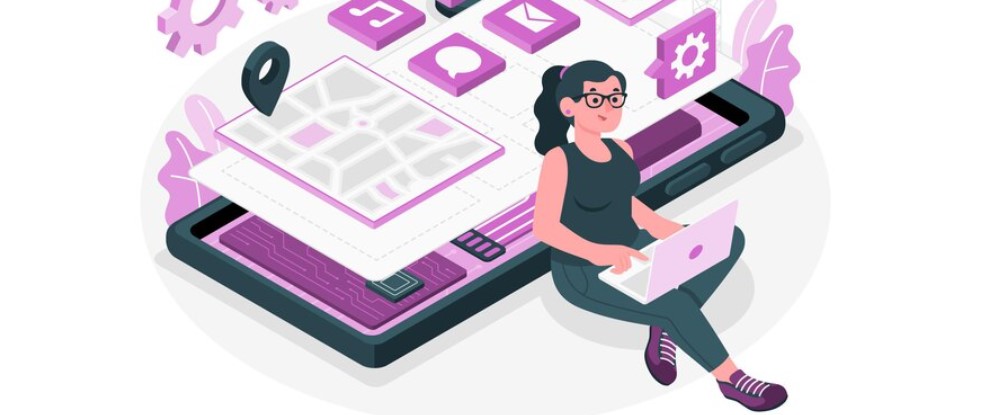What technologies do you use during typesetting

Layout technologies: tools and approaches to creating professional designs
What technologies do you use during typesetting? The layout of web pages and other printed materials plays an important role in creating aesthetically appealing and functional products. Modern designers use a variety of technologies and tools to achieve their goals. Let’s consider some of the most common technologies used during typesetting.
HTML/CSS
HTML (Hypertext Markup Language) and CSS (Cascading Style Sheets) are the main languages for creating web pages. HTML is responsible for structure and content, while CSS defines the style and appearance of a page, including colors, fonts, placement of elements, and more.
JavaScript
JavaScript is used to create dynamic and interactive elements on web pages, such as animations, form validation, reactions to user events, and more.
Responsive Design
Responsive Design is an approach to layout that makes web pages easy to view on different devices and screens. This is achieved using CSS media queries and responsive element placement.
CSS Preprocessors
CSS preprocessors such as Sass, Less, and Stylus allow developers to write CSS with greater efficiency and organization using variables and other features.
Frontend Frameworks
Frontend frameworks such as Bootstrap, Foundation, and Materialize provide ready-made components and styles for fast and efficient web development.
Graphic Design Software
Graphics software such as Adobe Photoshop, Illustrator, and Sketch are used to create designs, graphics, and layouts that are then integrated into web pages.
Version Control Systems
Version control systems like Git help developers manage and track code changes, collaborate with other developers, and restore previous versions of code when needed.
Final words about the question of what technologies you use during typesetting
Layout technologies provide designers with a variety of tools and capabilities to create effective and engaging web pages and printed materials. The right choice of technologies depends on the specific project and the client’s requirements, but understanding the basic principles and tools helps designers to succeed in their work.